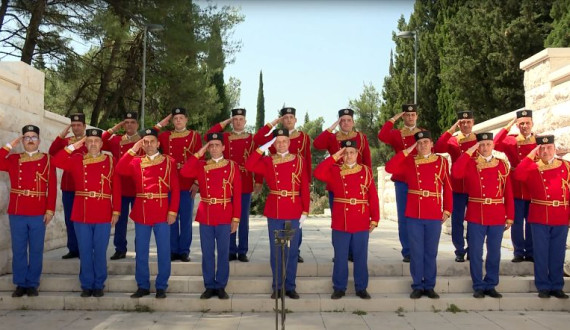GALA OPENING - CONTEMPORARY FORTRESSES OF CULTURE: BOKA, TREBINJE, NOVI SAD
2022-07-29 21:30
Square of the St. Tryphon Cathedral
The regional cooperation project titled Contemporary Fortresses of Culture: Boka, Trebinje, Novi Sad was initiated by the KotorArt International Festival, and is implemented with the support of the Western Balkans Fund and in partnership with the NGO Mostovi, the Music & More SummerFest from Trebinje, and the Almašani Association from Novi Sad. The project’s activities are to be realized within some of the major regional festivals and events and include public conferences, concerts, a film screening, guided tours of Austro-Hungarian fortresses, and a gastroheritological program. Some of the activities will be held at various fortresses themselves – places that may have once symbolized conflict and which were often closed and out of reach, but which for this occasion will become bastions of cultural heritage, dialogue, peace, connection, and diversity. The activities of this project in Kotor are part of the KotorArt Philosophers’ Square and will include the realization of a four-day conference highlighting the importance of the protection, valorization, and sustainable use of Austro-Hungarian fortifications and thereby contributing to the promotion and popularization of this cultural heritage. The conference is to be held from July 29 to August 1, and its program includes: a joint concert of the Montenegrin Military Orchestra and the Military Music of Upper Austria, conducted by Milo Belević and Gernot Haidegger, respectively; panel discussions on different management practices and the importance of a participatory approach and of the valorization and sustainable management of cultural heritage in Boka, Montenegro and the region; a screening of the Boka Fortress film produced by the NGO KOD; and performances by young Montenegrin musicians studying in Austria – vocal artists Antonija Vučinović and Lorena Janković, and pianist Andrija Jovović. With this project, the KotorArt International Festival continues the successful practice of intertwining art with important social themes and intensifies the level of regional cultural exchange and cooperation.


